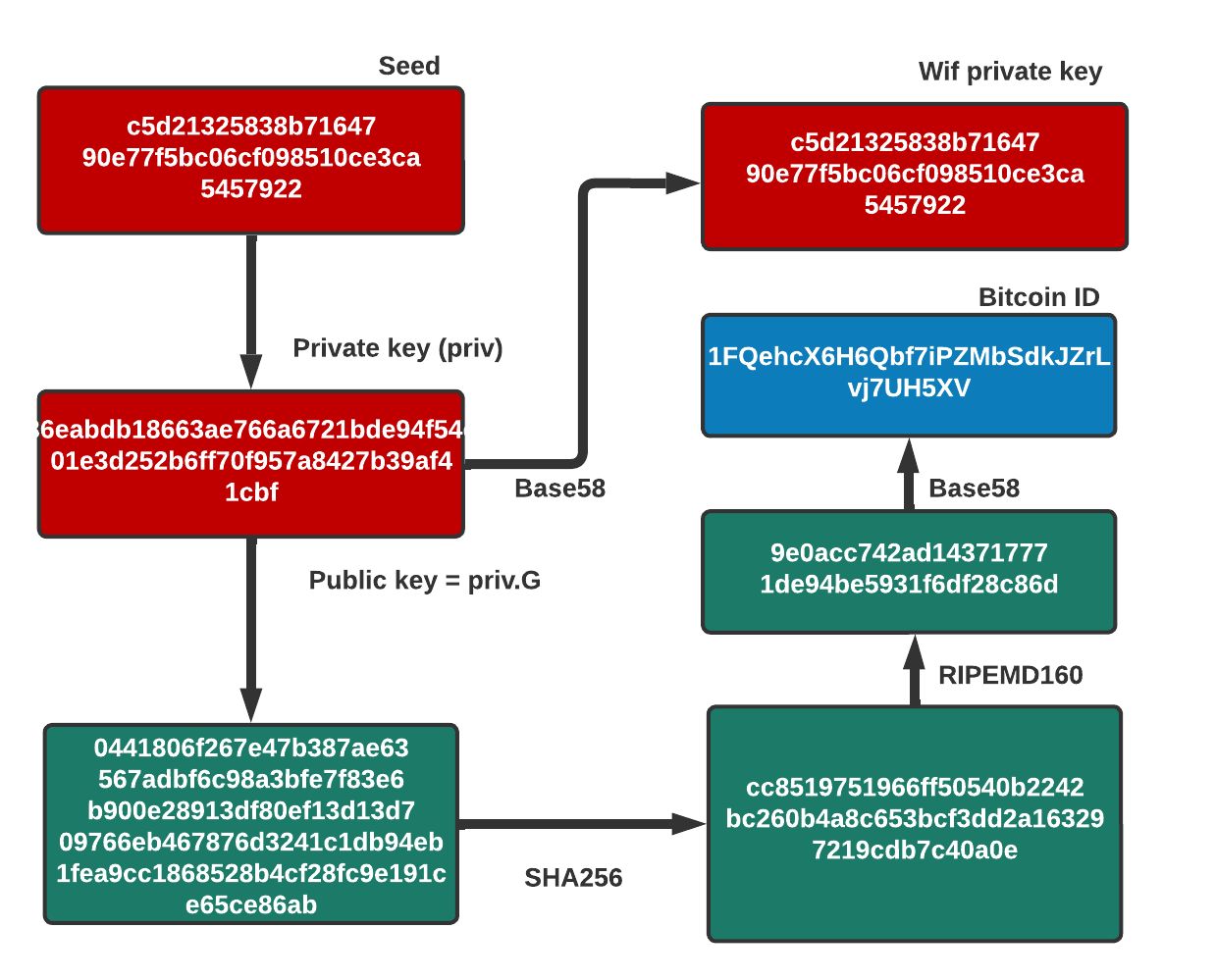Generate Public Key And Private Key
The PuTTYgen program is part of PuTTY, an open source networking client for the Windows platform.
On the other hand, the Private Key must remain confidential to its respective owner. Because the key pair is mathematically related, whatever is encrypted with a Public Key may only be decrypted by its corresponding Private Key and vice versa.
To sign an assembly with a strong name, you must have a public/private key pair. This public and private cryptographic key pair is used during compilation to create a strong-named assembly. You can create a key pair using the Strong Name tool (Sn.exe). Key pair files usually have an.snk extension. Mar 31, 2018 In this post I will demonstrate how to regenerate a public key from the corresponding private key that you still have. Generate public key and store into a file. It is a simple one liner command to generate a public key from a private key, so lets say our private key is named ‘user@myserver.key’ and we want to generate the public key. Generate online private and public key for ssh, putty, github, bitbucket Save both of keys on your computer (text file, dropbox, evernote etc)!!! The generated keys are RANDOM and CAN'T be restored. Next open the public.pem and ensure that it starts with -BEGIN PUBLIC KEY-. This is how you know that this file is the public key of the pair and not a private key. To check the file from the command line you can use the less command, like this: less public.pem. Do Not Run This, it Exports the Private Key. Oct 09, 2019 How to Generate & Use Private Keys using OpenSSL's Command Line Tool. These commands generate and use private keys in unencrypted binary (not Base64 “PEM”) PKCS#8 format. The PKCS#8 format is used here because it is the most interoperable format when dealing with software that isn't based on OpenSSL.
- Download and install PuTTY or PuTTYgen.
To download PuTTY or PuTTYgen, go to http://www.putty.org/ and click the You can download PuTTY here link.
- Run the PuTTYgen program.
- Set the Type of key to generate option to SSH-2 RSA.
- In the Number of bits in a generated key box, enter 2048.
- Click Generate to generate a public/private key pair.
As the key is being generated, move the mouse around the blank area as directed.
- (Optional) Enter a passphrase for the private key in the Key passphrase box and reenter it in the Confirm passphrase box.
Note:
While a passphrase is not required, you should specify one as a security measure to protect the private key from unauthorized use. When you specify a passphrase, a user must enter the passphrase every time the private key is used. /generating-keys-using-command-line.html.
- Click Save private key to save the private key to a file. To adhere to file-naming conventions, you should give the private key file an extension of
.ppk(PuTTY private key).Note:
The.ppkfile extension indicates that the private key is in PuTTY's proprietary format. You must use a key of this format when using PuTTY as your SSH client. It cannot be used with other SSH client tools. Refer to the PuTTY documentation to convert a private key in this format to a different format. - Select all of the characters in the Public key for pasting into OpenSSH authorized_keys file box.
Make sure you select all the characters, not just the ones you can see in the narrow window. If a scroll bar is next to the characters, you aren't seeing all the characters.
- Right-click somewhere in the selected text and select Copy from the menu.
- Open a text editor and paste the characters, just as you copied them. Start at the first character in the text editor, and do not insert any line breaks.
- Save the text file in the same folder where you saved the private key, using the
.pubextension to indicate that the file contains a public key. - If you or others are going to use an SSH client that requires the OpenSSH format for private keys (such as the
sshutility on Linux), export the private key:- On the Conversions menu, choose Export OpenSSH key.
- Save the private key in OpenSSH format in the same folder where you saved the private key in
.ppkformat, using an extension such as.opensshto indicate the file's content.
I was recently in a meeting where a person needed to generate a private andpublic key for RSA encryption, but they were using a PC (Windows). This is somethingthat is easily done via a terminal using ssh-keygen on Mac and Linux, however on Windows…this tool is not easily accessible to the non-technical person.
It then occurred to me (and a head slapped followed), that I have fairly recentlypublished a library for Javascript RSA encryption which includes private andpublic key generation for RSA encryption. Not only that, but this is allavailable online.
So, if anyone needs an online RSA key generator, look no further than http://travistidwell.com/jsencrypt/demo.
This directly maps to the Open Source GitHub repository found at https://github.com/travist/jsencrypt, soanyone can modify this website to make it better.


Generate Public Key And Private Keys
And here is an iframe of the RSA key generation tool. /mac-generate-multiple-ssh-key.html.